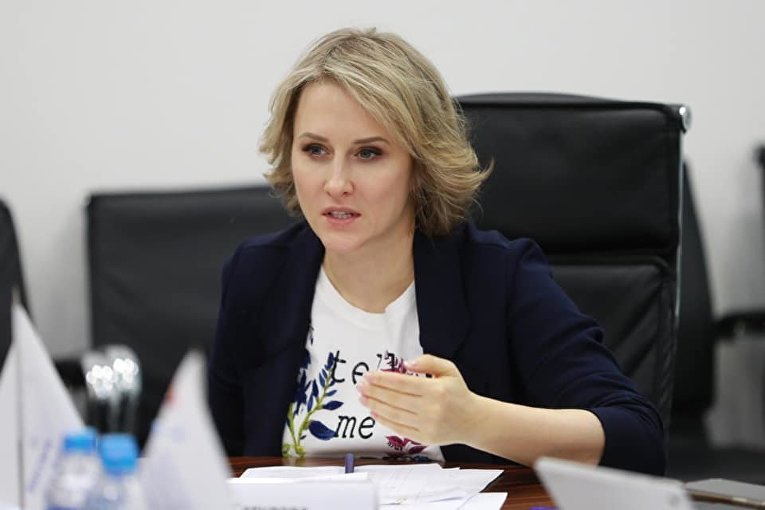MOSCOW, November 3 (RAPSI) – Russia’s tax system hinders development of small and medium-sized enterprises (SME); it is necessary to revise the parameters of taxation, Public SME Ombudsman, founder of family cafes chain AnderSon Anastasia Tatulova believes.
This Monday, the wrap-up Community Forum organized by the Civic Chamber kicked off in Moscow, where Tatulova took part in a panel discussion on the measures of support for small and medium-sized businesses, social entrepreneurs amid the pandemic.
The participants of the discussion stressed that Russia’s tax laws have certain gaps, which should be closed; first of all, it concerned differences in taxation as some entrepreneurs were paying 6% of their total proceeds under a simplified tax procedures, whereas some other had to pay much more as the number of their employees was over the 250-strong threshold.
According to the official statistics, 17,000 enterprises, which could be defined as medium-sized businesses were registered in Russia; at the same time the number of small and large enterprises exceeded this figure by a factor of several dozen.
The coronavirus crisis demonstrated that there is something wrong with medium-sized businesses; therefore, it is necessary to adjust parameters of taxation of small and medium-sized enterprises as the current tax system hinders the development of medium-sized businesses, Tatulova observed saying she believed medium sizes of many enterprises resulted from the segmentation of larger businesses entrepreneurs felt they needed to undertake to alleviate the tax burden.
On the one hand, the Public SME Ombudsman stressed, the tax legislation had permitted many entrepreneurs engaged in service trades to change their status as self-employed businesspersons and legalize their activities, on the other hand it weakened the SME sector of Russia’s business.
Many owners of barbershops or cafes had lost their full-time employees as those realized that it was more profitable for them to pay a 4% tax and began a massive exodus in the shadow sector privately providing their services to the detriment of their former employers, who invested time and money in their education. Therefore, Tatulova said, she thought it necessary to prohibit representatives of certain professions to work as self-employed persons.
The Community Forum is an open working platform for civic activists, representatives of NGOs and just concerned citizens ready to engage in social activities. The Forum aims at finding out best regional and federal practices of civic activism, gathering together like minded people and organizations, and providing the impetus necessary to move the development of the civil society ahead.
This year, the Forum is for the first time ever held in an online format; most activities are to be discussed on the basis of a digital platform permitting to keep live communications.



